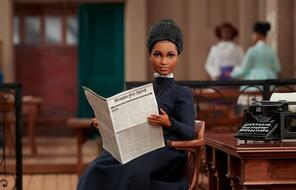Breadcrumb
- Home
- How It Works
- Our Unique Approach
- Our Pedagogy
- Sequence of Study
Sequence of Study
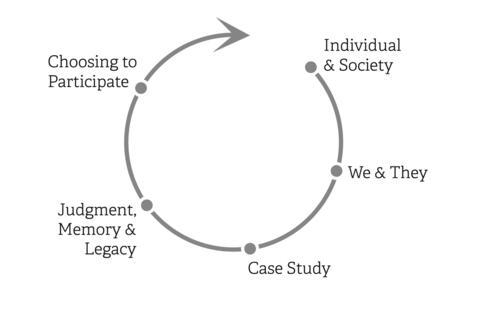

Facing History & Ourselves' case studies follow a specific progression of themes. This structure—our scope and sequence or the Facing History journey—is a key component of our pedagogy.
The journey begins by examining common human behaviors, beliefs, and attitudes students can readily observe in their own lives.
Students then explore a historical case study, such as the Holocaust, or a literary work like To Kill a Mockingbird or Night and analyze how those patterns of human behavior may have influenced the choices individuals made—to participate, stand by, or stand up—in the face of injustice, hate, and, in some cases, mass murder.
They come to realize that there are no easy answers to the complex problems of racism, antisemitism, hatred, and violence, no quick fixes for social injustices, and no simple solutions to moral dilemmas
Lastly, students examine how the history they studied continues to influence our world today, and they consider how they might choose to participate in bringing about a more just, equitable, and compassionate world.
Explore these case studies
Holocaust and Human Behavior

The Reconstruction Era and the Fragility of Democracy
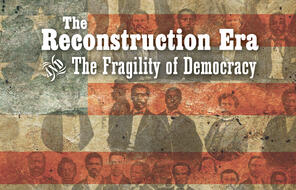
Teaching Mockingbird

Choices in Little Rock
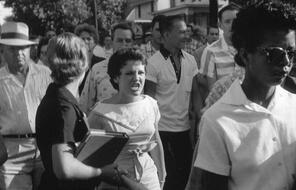
Stolen Lives: The Indigenous Peoples of Canada and The Indian Residential Schools
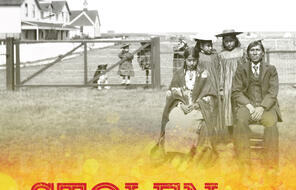
Donate now and together we'll build a better world
Gift Amount
You might also be interested in…
Why Genocide Recognition Matters
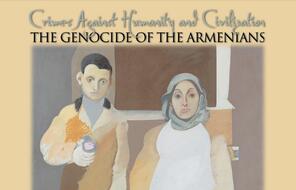
Today is the #WeNeedBlackTeachers Day of Action
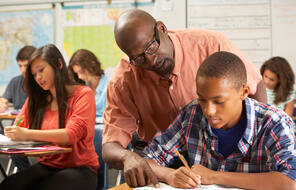
Youth Activism and Grief on Earth Day
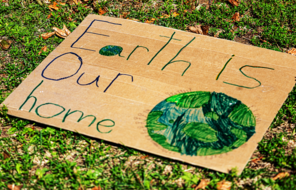
How to Build an Affirming Classroom in the Face of Anti-Trans Legislation

Remembering Rip Patton
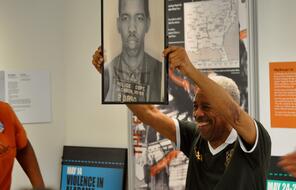
6 Resources for Teaching About 9/11
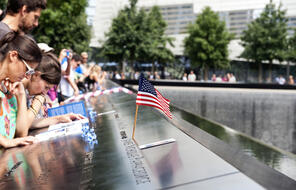
5 Timely Reads on Genocide
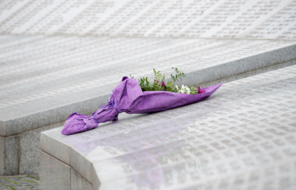
5 Tools for Teaching About Genocide
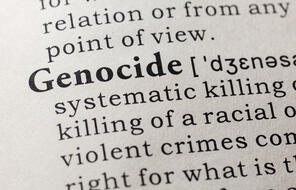
6 New Books on Genocide
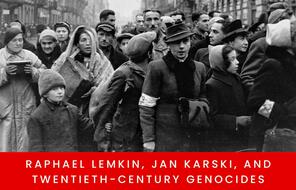
8 Classroom Resources on Genocide

On Existing: A Personal Reflection
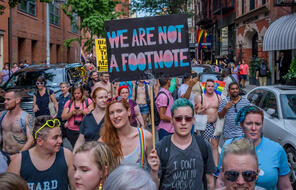
A Brief History of Barbie: From Fashion Model to Ida B. Wells
